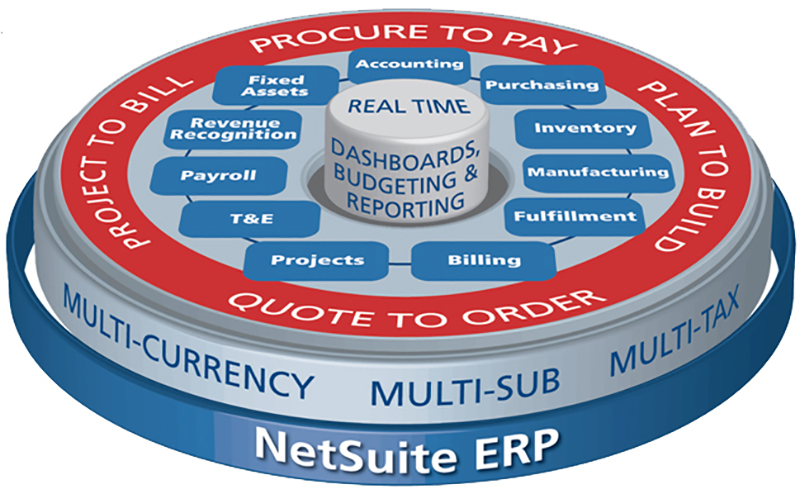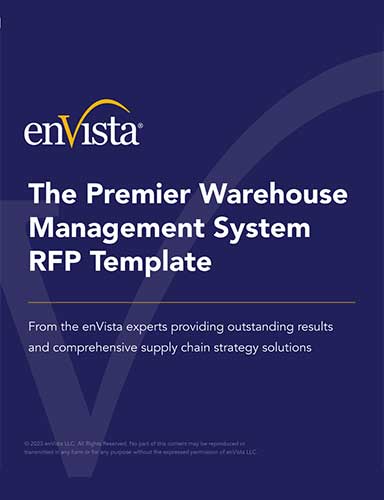Evaluating ERP: Do You Have Many Needs or Just Too Many Consultants?
Selecting the right firm that can meet your requirements can be challenging, however, consultants vary in their level and type of ERP expertise, experience, geographic coverage, size and vertical industry knowledge.
Everyone within the ERP industry understands that a good software consultant adds value on most projects.
Even when an organization is planning to use the so called “go it alone” approach, most still need some project management, technical or application consulting. No problem, but as I always say… get only the support you truly need.
However, the real issue is this…if we do not properly select and manage consultants, this is when a project can get into big trouble. This is why my checklist for managing consultants is rather lengthy, and here are a few considerations.
It is no secret most software-consulting firms will attempt to pile as many of their consultants on your project as humanly possible. At the same time, the situation I find most unnecessary is when firms convince their clients more experts are required to do the work their existing consultants should be able to do.
The second scenario is when it becomes necessary for an organization to hire another consulting firm to watch over the shoulders of the firms already involved. This is when things start to spin out of control and the project becomes a blame game.
For both scenarios above, the most obvious issue is you hired the wrong consultants to do the job. The other major problem is many consulting firms lack an integrated implementation process that incorporates all elements necessary for their clients to be successful. In this case, their clients pay the price.
For example, important project activities within the implementation methodology are mistakenly viewed as something that require a separate focus using separate consultants.
Beyond more consulting cost, this leads to project inefficiencies, a project more difficult to manage, or important information is lost in unnecessary hand-offs. It also results in too much division of labor to the extent no one is accountable. These issues are not limited to just “mega” projects.
The following are a few symptoms associated with an unintegrated implementation approach.
- A firm specializing in ERP project management is brought in to manage your project management consultants on a daily basis. Consulting firms managing other consulting firms is rarely a good thing.
- Readiness assessment experts are hired for an audit to assess whether or not your existing consultants helped you get ready.
- A best practice expert is engaged to work with the application consultant. Talk about duplication of effort.
- Quality assurance specialists arrive to do the software testing. The problem here is one must be involved from the start to know what to test, but most importantly how to test it.
- A training specialist is recommended to do the end-user training. First, consultants should never do this type of training. Especially one that does not have the project background to effectively train on how the system will be used within your organization (even if they have a training script).
- A team of change management experts are hired. I thought this was the responsibility of the executive sponsor, project manager, and application teams? A coach is fine, but do we need an entirely new team?
It is nice to know others in the industry see the same elephant in the living room. Thomas L. Jarocki wrote a book that addresses the “separate approach” issue within the area of change management.
His book is titled: The Next Evolution: Enhancing and Unifying Project and Change Management. Here is a segment from the book:
“One essential problem is that the project and change management fields are often practiced as separate disciplines. Each applies its own set of tools, techniques and methodologies (and sometimes separate teams) to the same initiative.
This inadvertently creates a schizophrenic approach to project success where critical interdependencies and joint opportunities never fully materialize. The results are unnecessary project expenses, delays, increased stakeholder frustration, and low rates of organizational adoption and business value realization.”
Author: Steve Phillips
Evaluating ERP Consulting Firms
At some point, just about every organization calls in an outside consultant or two to help with an ERP implementation. It might be a frantic call for trouble-shooting mid-project or, better, at the start of a project to help ensure each phase goes smoothly. But regardless, most companies—and especially SMBs—can benefit from outside consulting support.
Selecting the right firm that can meet your requirements can be challenging, however. Consultants vary in their level and type of ERP expertise, experience, geographic coverage, size and vertical industry knowledge. Fortunately, there are some common criteria to consider when selecting your next ERP consulting firm. That criteria falls into three categories:
Experience
The number of ERP implementations and length of time a firm has worked in ERP is important to consider. Two years or more of ERP development and implementation experience is preferred.
The company’s regional experience is another useful asset. In the case of large consulting organizations that offer ERP consulting as part of a menu of other services (e.g., a global systems integrator), regional market knowledge is important for enterprise customers expanding into new regions or countries outside of their home markets. Alternatively, small businesses may favor consultants with regional familiarity, as well as geographic proximity, so they will more easily interact with end-users—a critical consideration during deployment.
Knowledge of product and industry
It’s ideal, though not imperative, for a consulting firm to have expertise with the specific application to be deployed. For example, look for knowledge of NetSuite and a track record of successful NetSuite ERP implementations. Consultants still developing NetSuite experience who, nevertheless, have a successful track record in other on-premise ERP implementations may also do well.
Many of the concepts and strategies behind an ERP implementation are similar, and a consulting company that has experience implementing other ERP solutions should be able to apply that knowledge to a NetSuite project. Of course, a combination of both product knowledge and experience is best, which is why NetSuite offers training specifically to implementation partners.
If the consultant has product-specific experience, make sure it was gained in a consulting or solution provider environment, and not only as an application administrator. Those are two very different skill sets. Application administrators are not as likely to know the ins and outs of actually deploying software or be in the best position to give advice on business process or change management requirements.
Trust
By definition, any consulting firm that will be involved in your core IT systems and relied upon to provide recommendations that can make or break an ERP roll-out must be a trusted partner. It should be a firm you can trust to have your best interests in mind and have the experience to make the project successful. Trust can be established by requesting referrals within your business network and by checking a firm’s customer references. Ask colleagues who they would recommend. Speak with companies like yours who have worked with the consultant.
Author: Amede Hungerford, Vice President of Marketing, NetSuite
Take a “SC24/7 Quicklook” at enVista, NetSuite, Oracle, and Tribridge (side-by-side)














